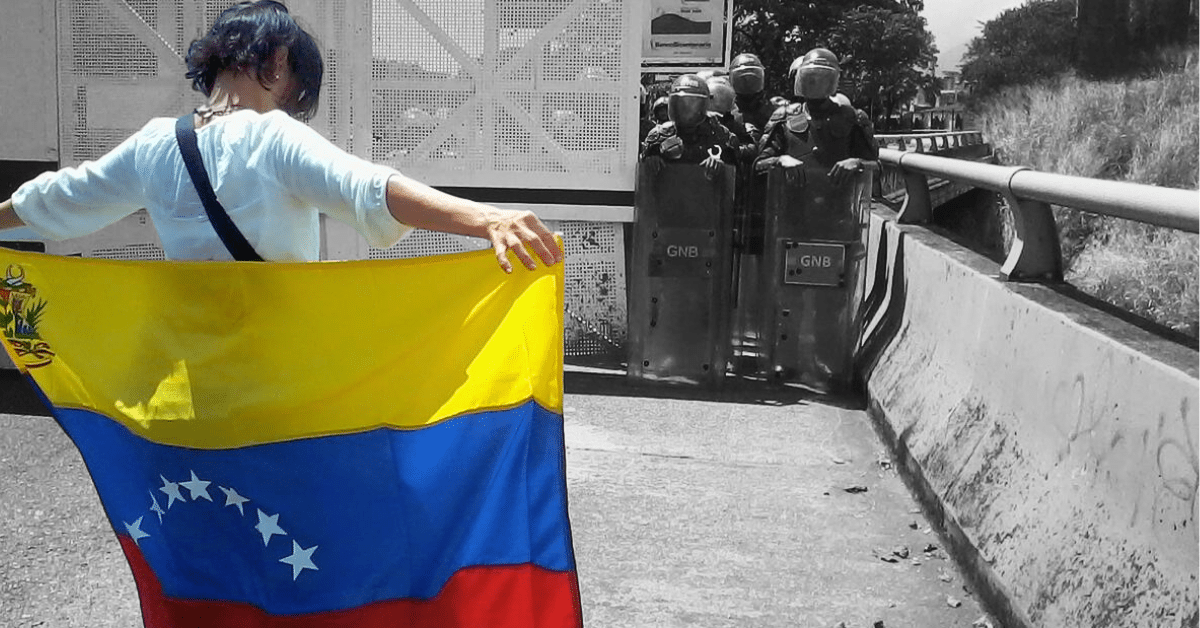When Time is Measured in Victims

Recently at a conference in Madrid, Elisa Trotta, former ambassador of the Venezuelan government in exile in Argentina, said something incredibly poignant: “In Venezuela, time is measured in victims.” It was an expression of pain, one that describes life under the regime of Nicolás Maduro, where new arrests, tortures, disappearances, and exiles are counted every day. After the electoral fraud of July of this year, repression has intensified even more.
The figures speak for themselves. According to Foro Penal, there are currently almost 2,000 political prisoners in Venezuela, and since July 28 there have been more than 1,800 arrests. Since 2014, 17,939 politically motivated arrests have been recorded. And, beyond those imprisoned, the organization estimates that more than 9,000 people live under arbitrary restrictions of their freedom.
Venezuela has been under an authoritarian government for more than two decades, which began with Hugo Chavez and continues today with the iron fist of Maduro. These decades of what the regime calls “21st century socialism” and “Bolivarianism” have left an alarming trail of victims. Truly, in any authoritarian regime, whether in China, North Korea, Cuba, Belarus, or Nicaragua, time is measured in broken lives. That is why, when some claim that economic opening will bring democracy — as was once thought with China — the same questions always arise: How many more victims will be left along the way? How many rights must be trampled on before the longed-for freedom arrives?
Now, in Venezuela, many are pinning their hopes on January 10, when a new government should take office. It is believed that since the international community does not recognize Maduro’s mandate after the scandalous electoral fraud, a shadow government led by opposition figures such as Edmundo González Urrutia or María Corina Machado could be installed. The most optimistic even consider the possibility that the United States or the European Union may manage to negotiate a transition that implies the removal of Maduro.
Why wait for January 10? What does that date change for the reality of thousands of Venezuelans who suffer repression daily? Why not act now, when the opposition has undeniably popular support?
Time in Venezuela is measured in victims. And right now, it is time for the international democratic community to put a stop to the violence of the Maduro regime against its own people. It is time for democracy to flourish once and for all. Every day of waiting is another day of suffering.
Photo: A protester in front of National Guards troops holds a Venezuelan flag, via NoonIcarus/Wikimedia under CC0 1.0 Universal.

